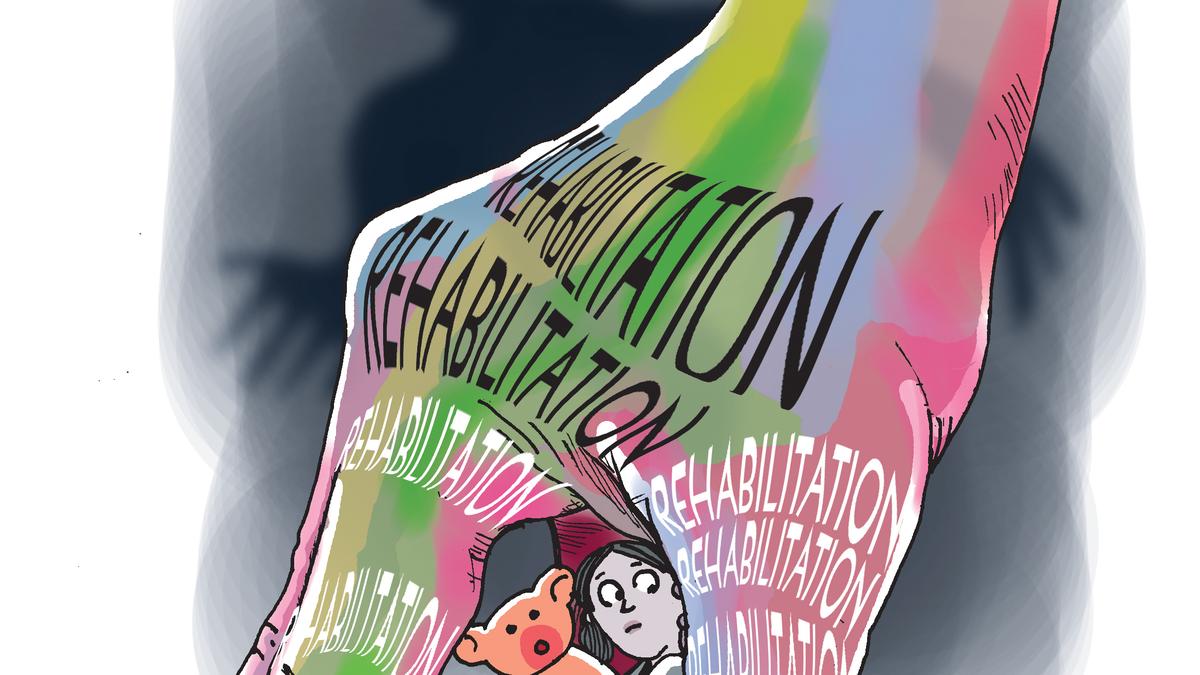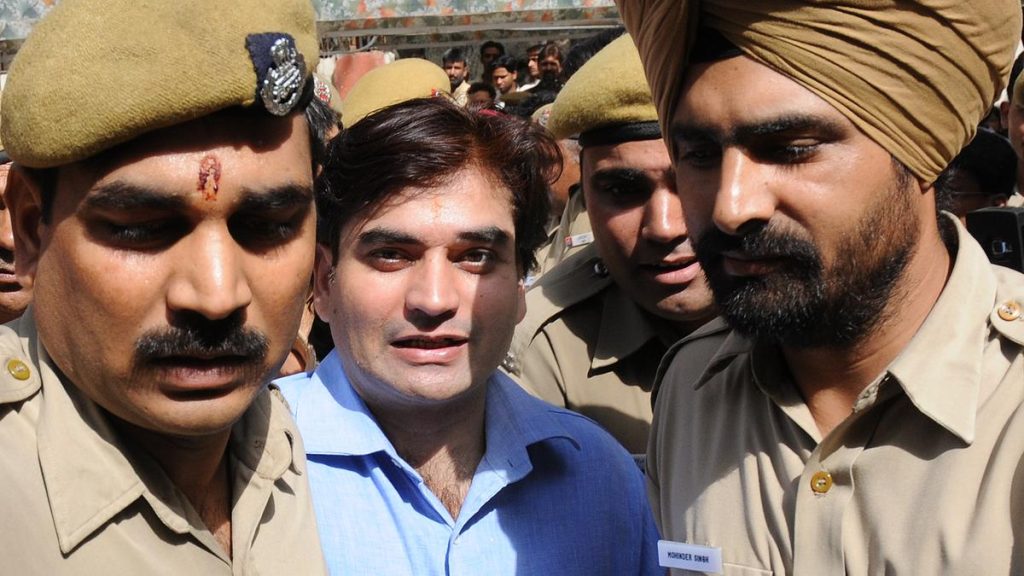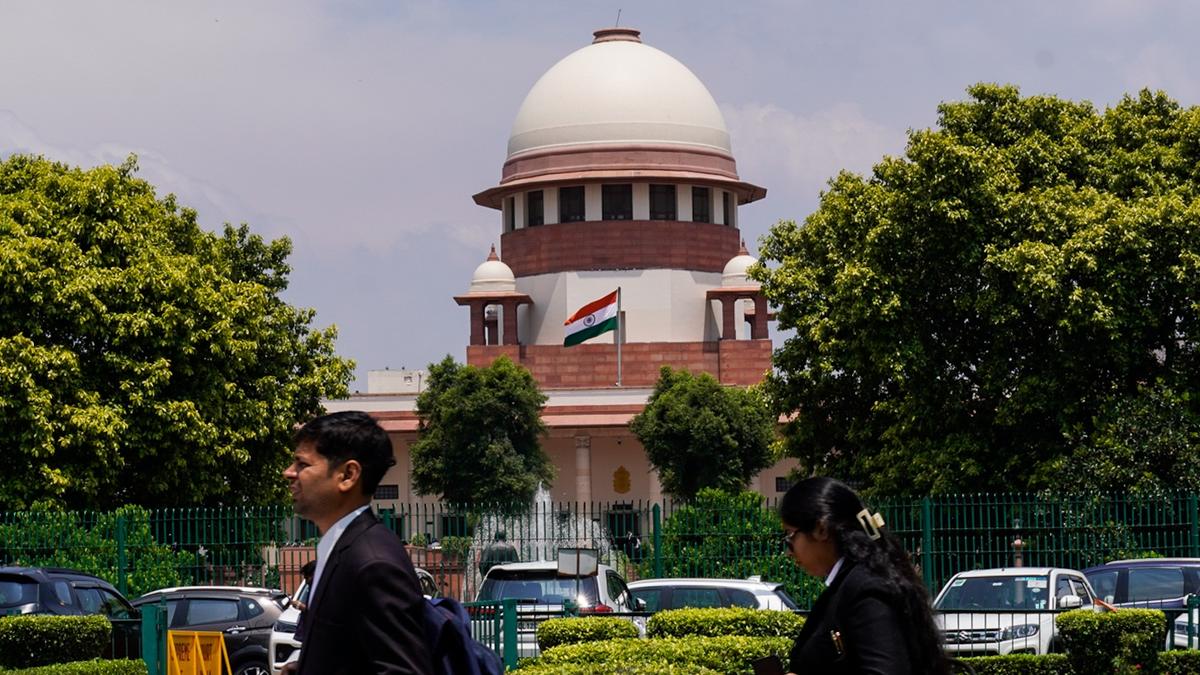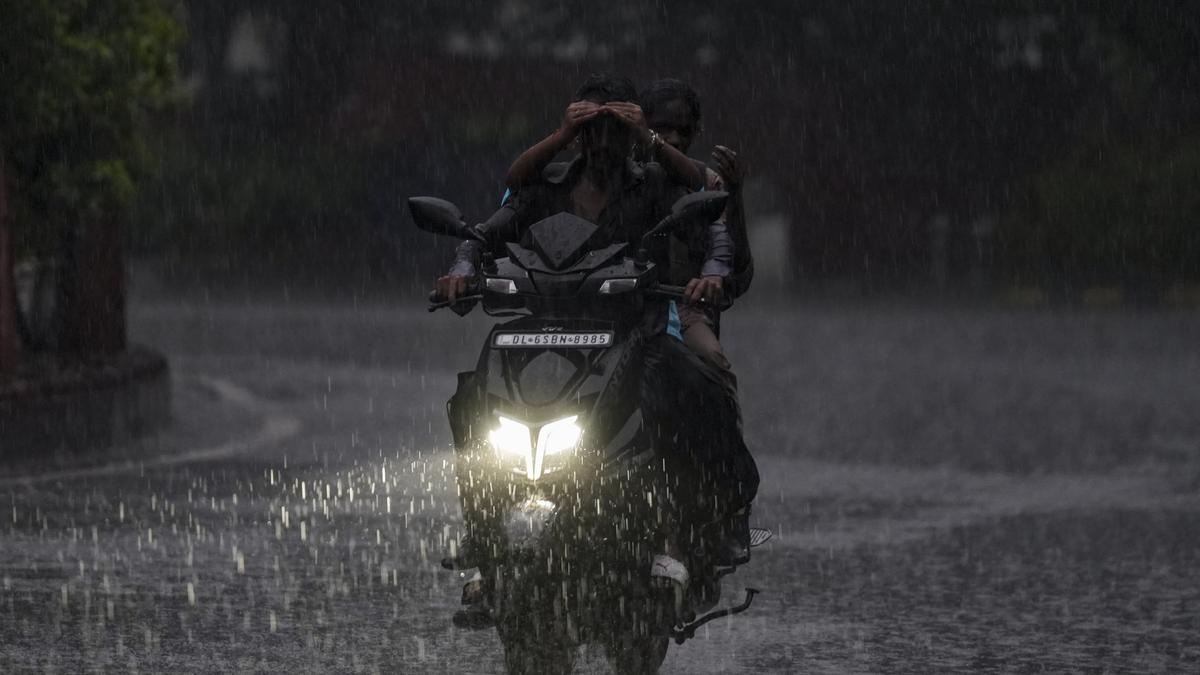Now Reading: Minor Booked Under POCSO in Karnataka’s Bagalkot District
-
01
Minor Booked Under POCSO in Karnataka’s Bagalkot District
Minor Booked Under POCSO in Karnataka’s Bagalkot District

quick Summary
- Bagalkot police in Karnataka have booked a minor boy under provisions of the POCSO Act for allegedly raping a 16-year-old girl in June 2025.
- The Karnataka State Commission for Protection of Child Rights (KSCPCR) has directed the local child welfare committee to ensure care adn protection for the girl,who is two months pregnant.
- Both individuals were students at a residential school; the boy reportedly invited the girl to attend a family function where the alleged incident occurred.
- Sub-inspector Mallikarjun Sattigoudar is leading the investigation into this case.
- Shashidhar Kosambe,KSCPCR member,stated that a suo moto case would be registered and emphasized trying this matter as per Juvenile Justice Act guidelines if deemed appropriate by law enforcement authorities.
Indian Opinion Analysis
This case highlights several legal, social, and ethical concerns surrounding minors involved in serious offenses such as those outlined under POCSO legislation. As both parties are juveniles-one being classified as a “child in conflict with law” due to his age-it underscores India’s legal framework governing how crimes committed by minors are addressed while balancing justice and rehabilitation principles from laws like the Juvenile Justice Act.The directive for trying individuals above age 16 as adults when there’s demonstrable knowledge or volition signals evolving jurisprudence toward accountability.
The broader implications reveal gaps in preventive measures within educational institutions, notably residential schools that should ideally promote awareness regarding interpersonal boundaries among adolescents. As investigations proceed ensuring proper care alongside meaningful precedents protecting vulnerable sections deserves emphasis beyond headline coverage
For more details visit Source Article























